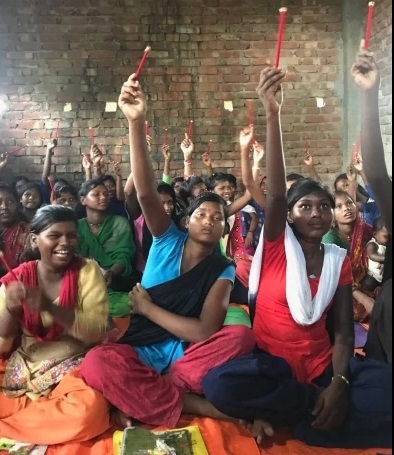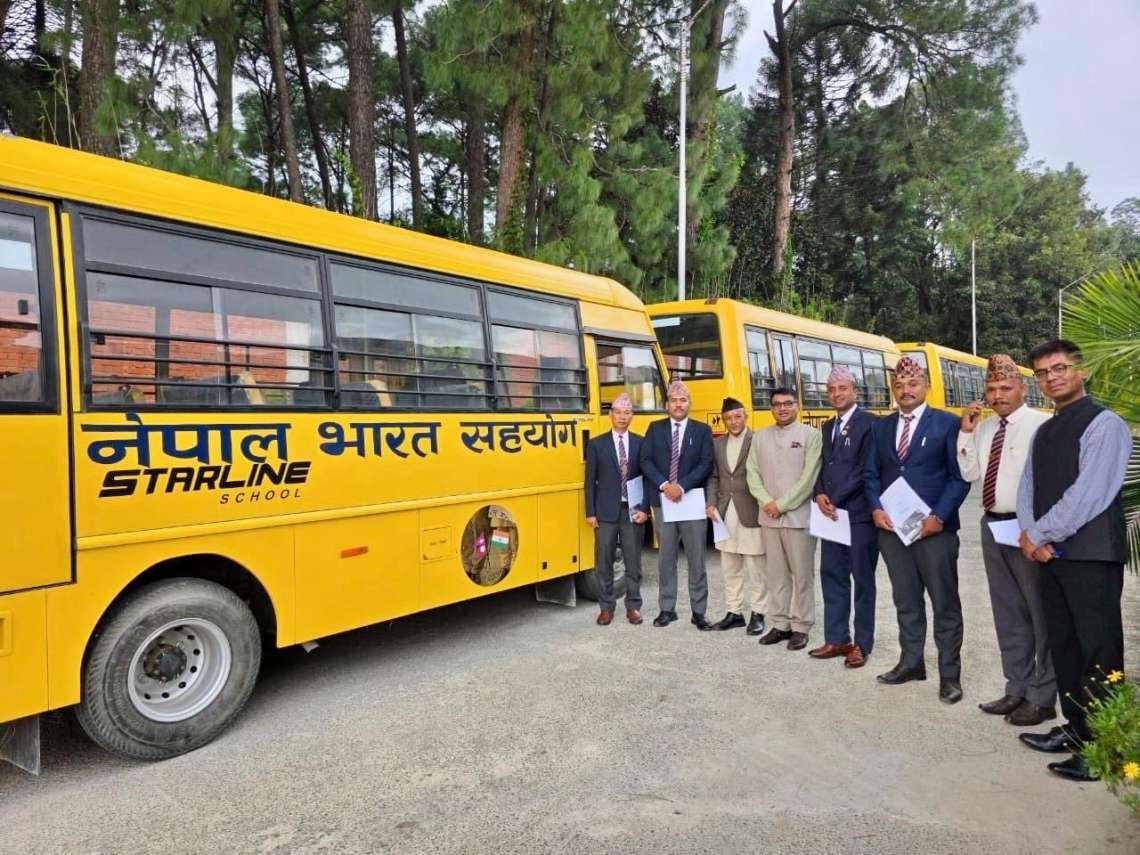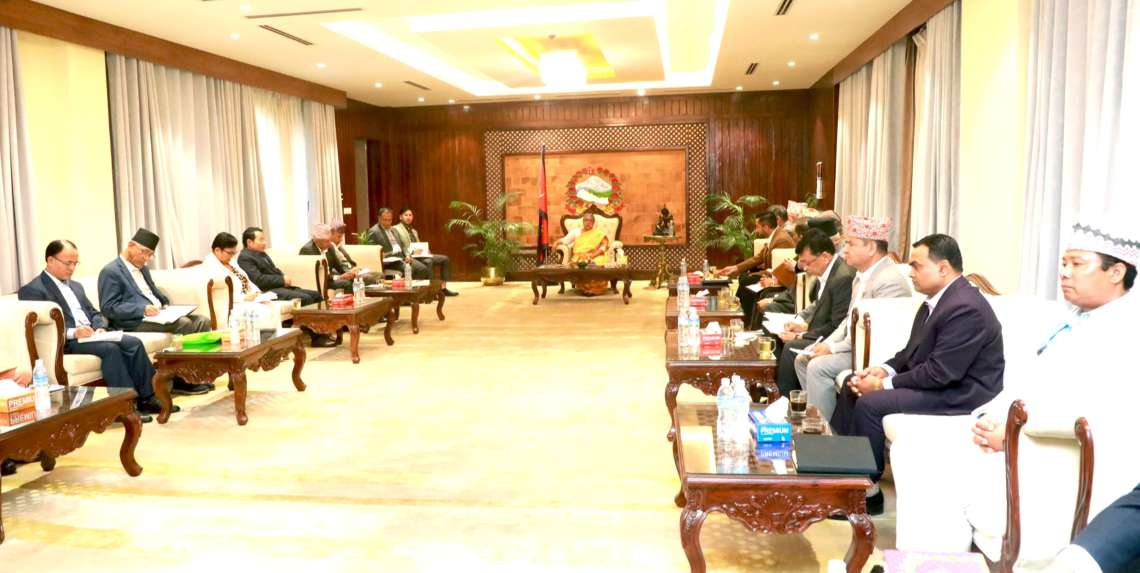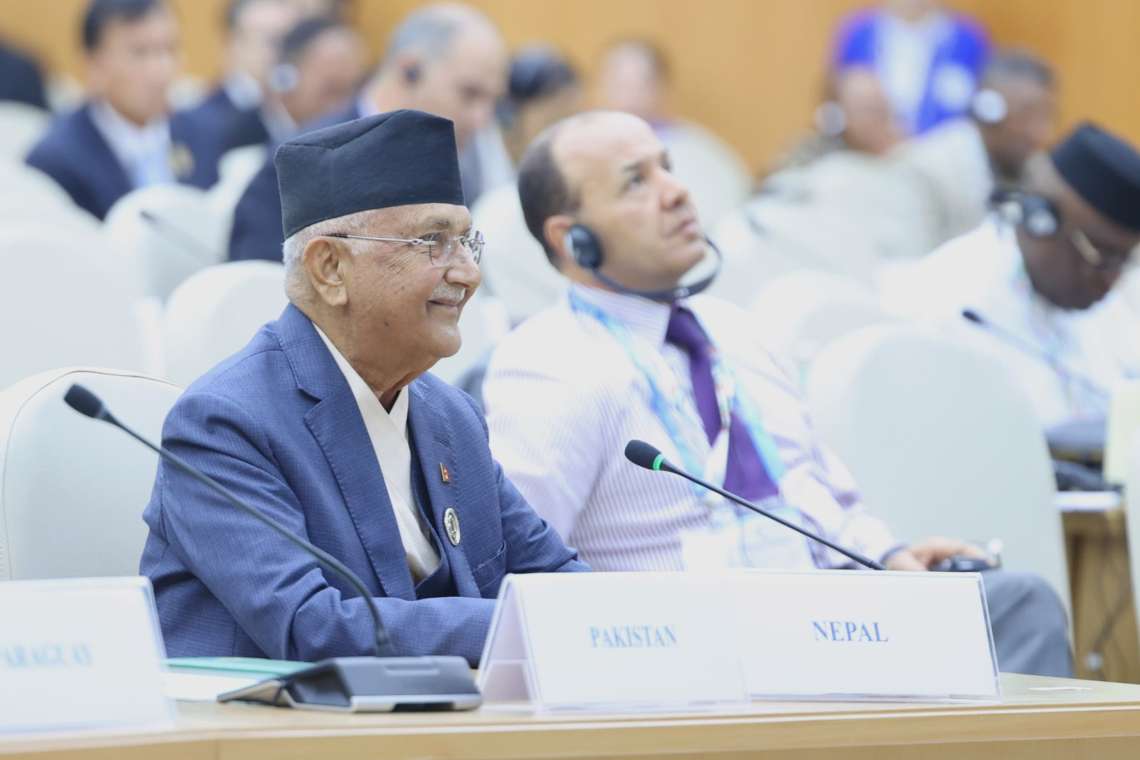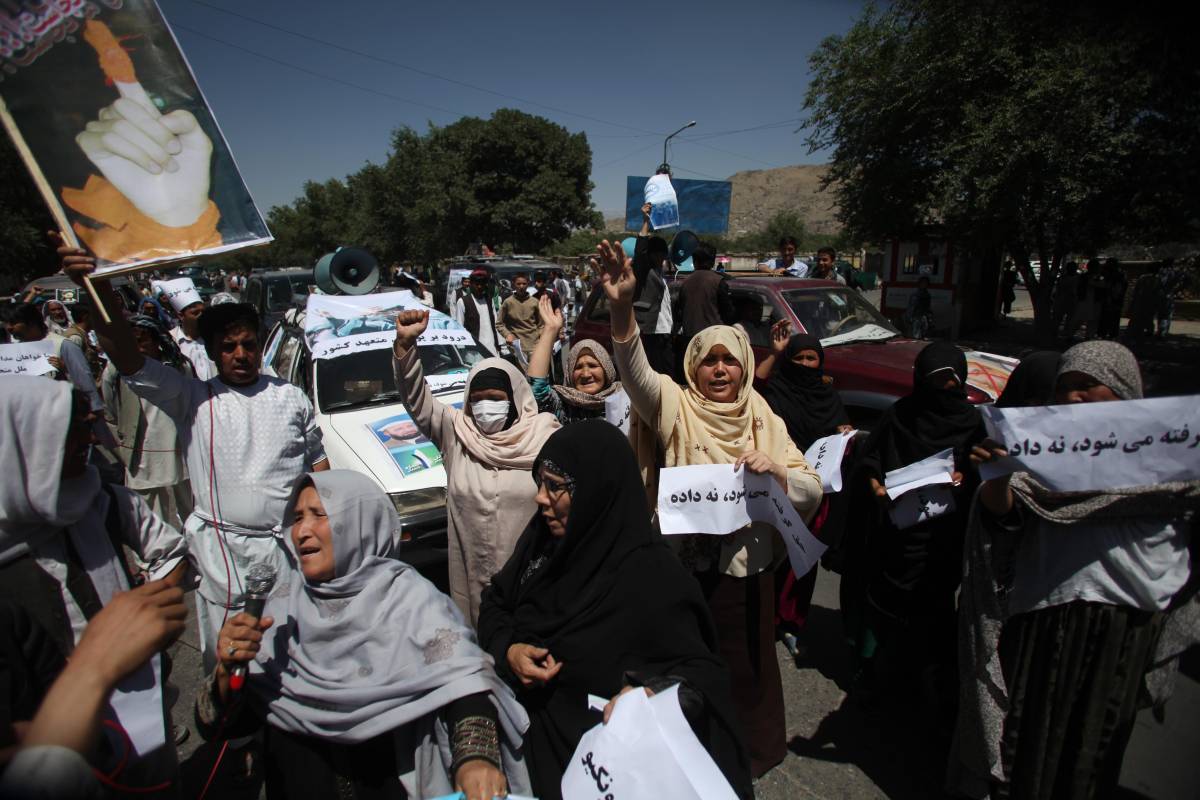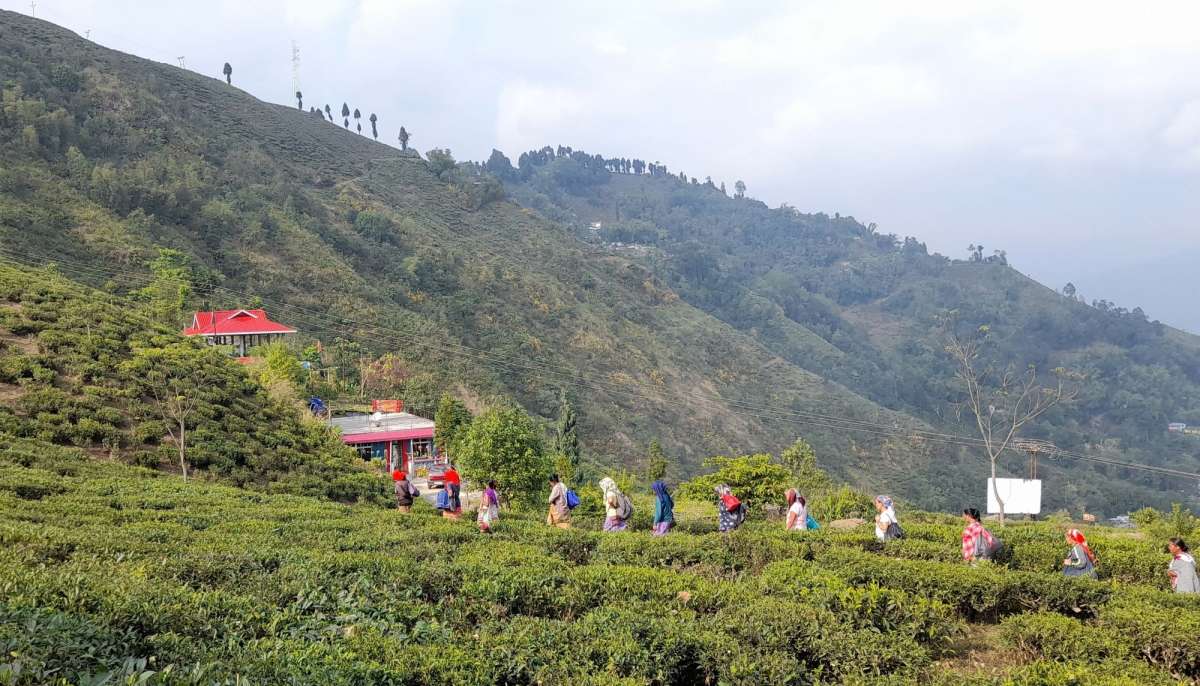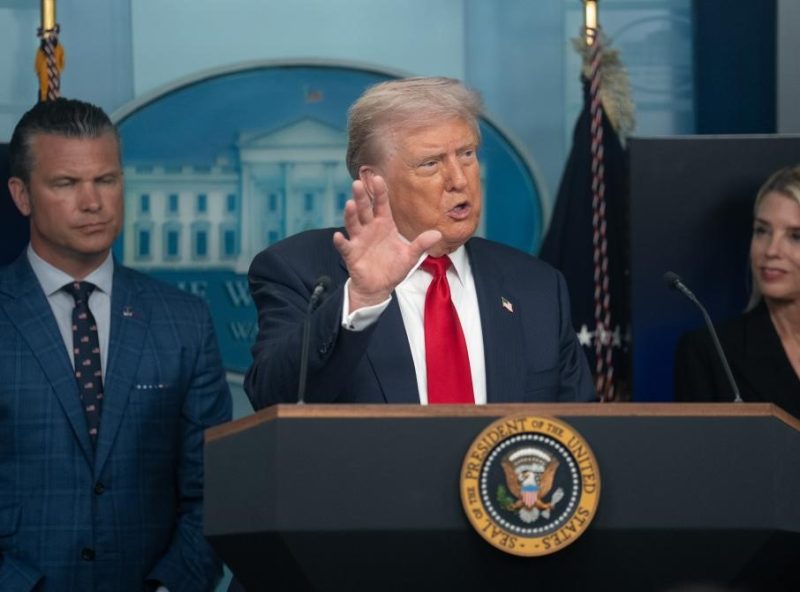As elections to federal parliament and provincial assemblies are taking place next week, candidates are reaching out to people from the Musahar community in the province…reports Santosh Ghimire
Subodh Majhi, a resident of Basahiya village of Nepal’s Janakpur, is a daily wage worker. He listens to the news daily keenly following the federal parliament and provincial assembly elections slated for November 20. However, he and his wife are not eager to cast their ballots this time.
“Every day our village is flooded by party leaders and cadres seeking votes almost every day. We get irritated seeing them at our doorsteps. What did we get by taking part in past elections? Nothing! We know nobody cares about us after elections and their electoral pledges make no difference to our day-to-day life,” Majhi, who comes from the local Musahar community, told India Narrative.
Landlessness
Majhi’s main grouse is dispossession of land. He says that his community is forced to live in thatched huts built on land of others and that needs to be addressed by the state as a matter of urgency.
“We don’t have brick houses of our own. How long shall we live in thatched huts built on land of others? When elections come, party leaders come and assure us that they will build houses for us. But, nothing happened over the decades. Regrettably, we are simply used by various political parties as their vote bank,” Majhi grumbled.
As elections to federal parliament and provincial assemblies are taking place next week, candidates are reaching out to people from the Musahar community in the province.
Rallies and campaigns can be seen across Madhes province ahead of the crucial elections. The country is gearing up for federal and provincial elections for a second time after promulgation of the first federal republican constitution in 2015 despite opposition from the Madhesi population. The first such elections happened in 2017 in which Madhes-centric parties fared badly even in this region.
Thousands of people from the deprived Musahar community, who live in and around Janakpur on government land, share similar feelings. However, political parties have been making their plights just an election agenda, leaving them deeply hurt.
“After a gap of five years, leaders are again at our doorsteps assuring us of helping to build houses permanently. How can we trust them?” Tapeshwar Maji, 41, from the same village told India Narrative. He blames both the Kathmandu-centric and regional Madhes-centric parties for their ongoing plights.
“Winter is just 15 days away. Some people in our community don’t even have thatched huts. They will have to pass through a tough time due to the cold wave. Who will listen to us?” he questioned.
Who are the Musahar?
Musahar is one of the marginalized dalit communities in Madhes, which make up 17 per cent of the province’s total population, according to various studies. Musahar community is scattered in various districts of this province including Dhanusha, Mahottari and Siraha. Hence, they can make a huge impact in election outcomes, local observers said.
“Dalits including Musahars have been a decisive factor in the outcomes of every election in Madhes. Regrettably, the issue of their well-being is not on the priority list of both the mainstream and Madhes-centric parties. Every time dalits are being used just as vote bank,” Roshan Janakpuri, an analyst in Janakpur, told India Narrative on Sunday.
Madhes Province borders India and shares close socio-cultural affinities with the neighbouring country. There are eight districts in the province, with 32 federal parliamentary seats under the first-past-the-post category. There are 107 seats in the provincial assembly.
Dalit factor
Dalits, who are basically agricultural daily wage labour, are also under-represented politically in Madhes province. There are very few candidates from the dalit communities in federal parliament and provincial assembly elections under the first-past-the-post category, making a mockery of major political parties’ commitment to inclusion, according to observers.
“The Madhes-centric parties, who once championed the agenda of federalism and inclusiveness, are struggling hard to ensure seats in the federal and provincial assemblies through coming elections. They along with major parties don’t care about political representation of dalit communities at all,” analyst Janakpuri said.
In his opinion, Madhes-centric parties such as Janata Samajbadi Party and the Loktantrik Samajbadi Party are going to fare poorly in the polls as they lack trust of Madhesi population including Musahars.
Since the Madhes uprising in 2008, Madhes-centric parties are dominant political force in the province.
But their credibility now is on line. In the past five years, two separate schemes were launched by the Federal and Provincial governments targeting to dalit communities including Musahars. But these two programmes could not be launched in Basahiya village largely due to the apathy of mainstream and regional parties towards Musahars, media reports say.
(The content is being carried under an arrangement with indianarrative.com)


